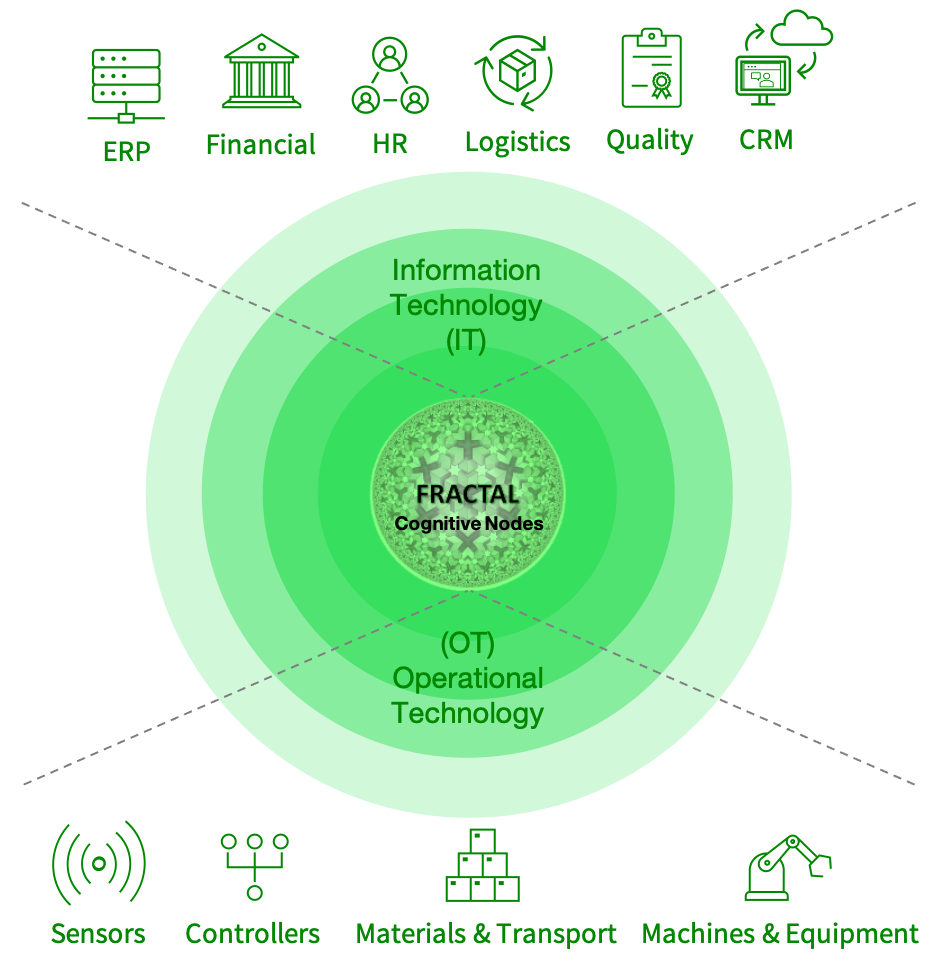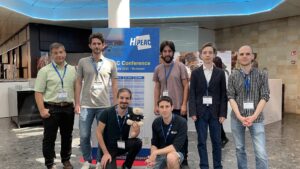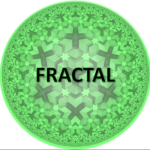Towards the Reliable Edge:
A cognitive, fractal and secure edge based on the unique open-safe-reliable-low power hardware platform node.
Project description
The objective of this research activity is to create a reliable computing node that will create a Cognitive Edge under industry standards. This computing node will be the building block of scalable Internet of Things (from Low Computing to High Computing Edge Nodes). The cognitive skill will be given by an internal and external architecture that allows to forecast its internal performance and the state of the surrounding world. Hence, this node will have the capability of learning how to improve its performance against the uncertainty of the environment.
Integration of these cognitive systems into a fractal network, will help to achieve emergency and adaptability of the system, enabling new functions. While the cognitive advantages on the Edge will enable new scalable and responsive applications.

Cognitive Node Architecture
The Cognitive Node (CN) will consist of a High-Performance Computing System (SS), communication capabilities (coms), Artificial Intelligence, (AI) and a Model of the World environment (W). Theses Nodes will aggregate to create systems to support the edge computing minimizing the link with the Cloud.
By combining these technologies together, connectivity is added to the solution, as we achieve a scenario in which a single service oversees capturing all data sources, using both IT/OT communications protocols.
This factor is crucial for the FRACTAL scenario, in which the edge nodes can be placed anywhere to process any kind of phenomena. These technologies can be used for the implementation of the gateway, which will provide full computing and connective capabilities while assuring the OT/IT convergence.
Featured Reads

A Cyber Security Evaluation Framework for In-Vehicle Electrical Control Units
Seeking methodology for systematic system threat analysis The automotive industry has been moving from purely mechanical to cyber-physical systems. Therefore, the industry and regulators had

LEDEL – A Deep Learning Library for FRACTAL Edge Nodes
The article tells about the project background, objectives and the role of Solver Intelligent Analytics and Universitat Politècnica de València (UPV) in this context.
Latest News

FRACTAL partners at HiPEAC 2022
Partners from Universitat Politècnica de València (UPV), Barcelona Supercomputing Center (BSC), ETH Zürich, Siemens and IKERLAN, represented FRACTAL at the HiPEAC 2022 Conference in Budapest.

HiPEAC is Postponed to June 2022: Call for Papers is now open
The Call-For-Papers has been extended to 1st of June 2022. Read more about the conference, its workshops and useful links here. FRACTAL will present some of the project papers on the conference as well – more info is coming later!
